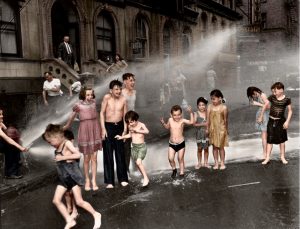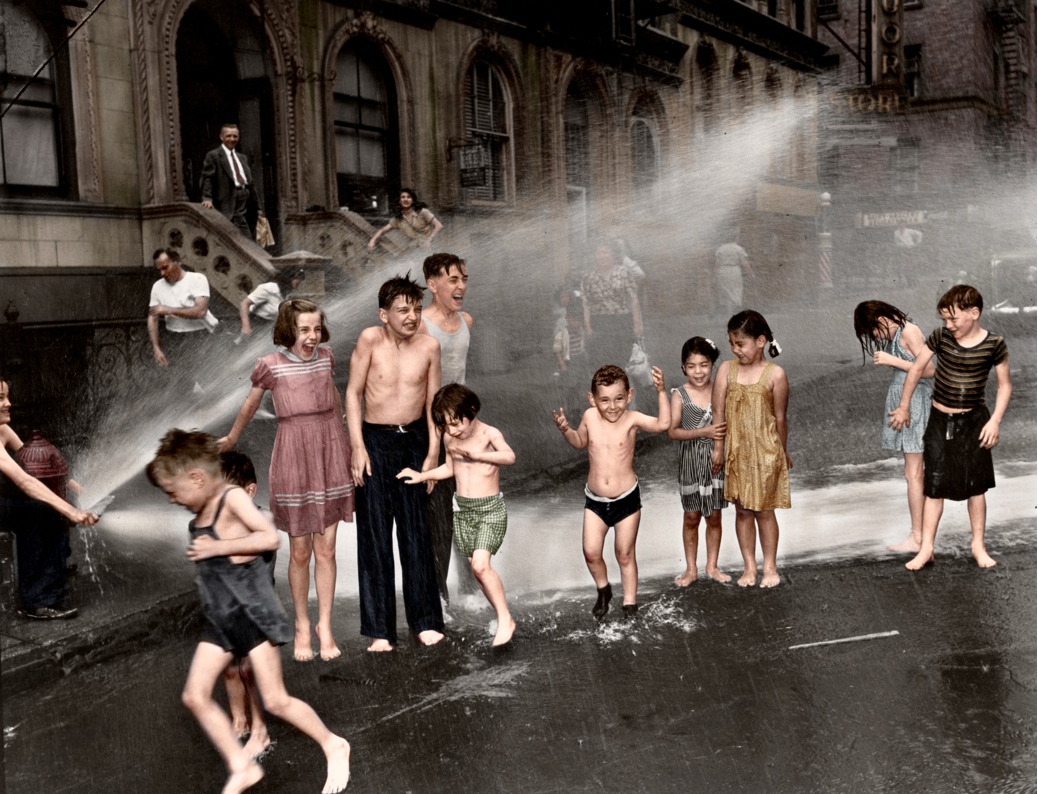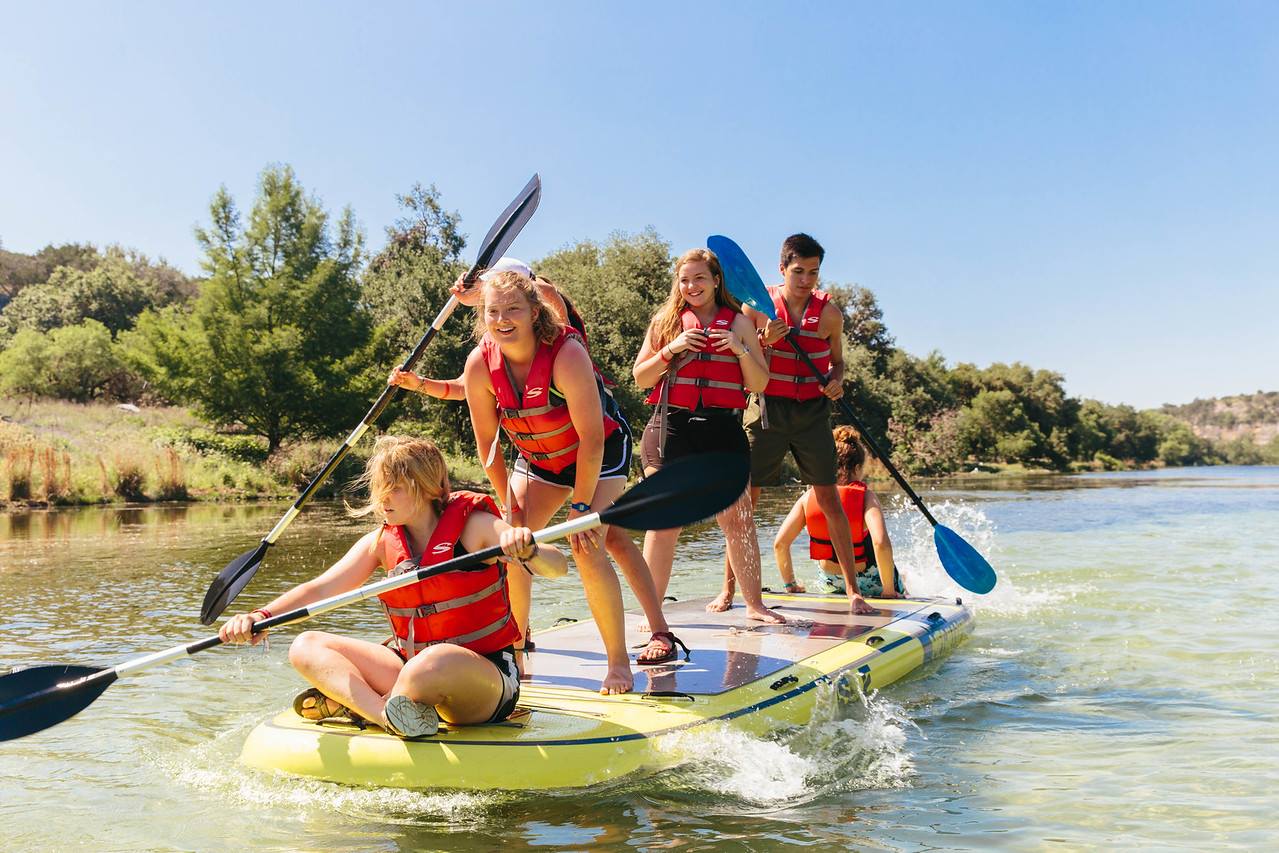 Okay, maybe I’m old fashioned. Maybe I am not as progressive as others. Nevertheless, the term ‘play date’ has got to be one of the most frustrating and confusing word combinations thrown around these days. I would venture to say it ranks as an award-winning oxymoron, up there with ‘a fine mess’, ‘awfully nice,’ and ‘airline food’.
Okay, maybe I’m old fashioned. Maybe I am not as progressive as others. Nevertheless, the term ‘play date’ has got to be one of the most frustrating and confusing word combinations thrown around these days. I would venture to say it ranks as an award-winning oxymoron, up there with ‘a fine mess’, ‘awfully nice,’ and ‘airline food’.Call it the speed of life, a fear of the unknown, a propensity to enable a generation of kids or a desire to get ahead of the Joneses, but those kinds of things are not happening today like they should. As parents, we must recognize that our children’s happiness should be predicated on what they truly need and not based on a fear that they will perform, achieve, and excel less than the neighbor’s kid. Simply put, kids need time to be kids, without orchestration or manipulation. Given the opportunity, every child has a limitless capacity for imagination and a crucial need for spontaneous play.
So what can we do as parents to help foster a healthy diet of independent play? The following are a few sensible suggestions:
1. Don’t Over Schedule Your Kids
Ensure that they have time for themselves and the opportunity to play without the management of parents.
2. Give Them a Chance to Plan a Day
Pick a weekend or available day and have them design a day of play. It will foster independence, leadership skills and it’s just plain fun.
3. Reward Independent Play
Make sure they know you value their desire to play and encourage their independence and creative expression. This validates their independence and further encourages growth.
4. Let Go!
Try to reassure yourself that “there is doing, in non-doing.” Your child will flourish not just because you have designed it that way, but because he or she has also designed it that way.
The old adage “If you love something, set it free” should apply to our kids and the opportunity for them to simply play must be part of their childhood in large amounts. Growing to be a happy and healthy adult requires us to first be a happy and healthy child. Through play that is achieved.




